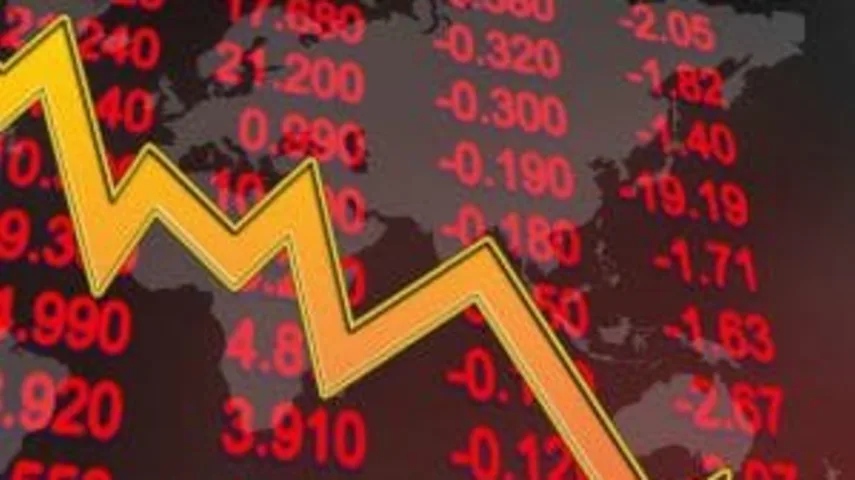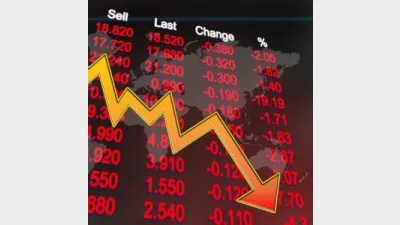Recession fears reach eight-year high



Fund managers’ expectations of a recession have reached the highest level since 2011, according to a survey by Bank of America Merrill Lynch (BofAML).
In its monthly global fund manager survey, which surveyed 224 fund managers with US$553 billion in assets under management, found one third of respondents expected a global recession in the next 12 months. This was the highest probability since October 2011.
BofAML said this was in line with their own analyst expectations who thought there was a one in three chance of a recession.
A record 50 per cent of investors were concerned about corporate leverage, some 46 per cent said they wanted corporates to use cashflow to improve balance sheets instead.
Looking at their asset allocation, BofAML said investors sold cyclical value assets during the month and bought defensive/growth assets such as consumer staples and technology instead while bonds reached an eight-year high as investors rotated away from equities.
In line with this, they were also holding a 41 per cent overweight to cash which BofAML said was ‘well above’ the long-term average.
Within equities, the UK and Japan were both out of favour for regional equity allocations with allocation to UK fell to a 29 per cent underweight on Brexit concerns while allocations to Japan reached a seven-year low.
Recommended for you
Evidentia’s chief investment strategist Nathan Lim has announced his retirement after a 30-year career.
GQG Partners has marked its fifth consecutive month of outflows as its AI concerns lead to fund underperformance but overall funds under management increased to US$166.1 billion.
Apostle Funds Management is actively pursuing further partnerships in Asia and Europe but finding a suitable manager is a “needle in a haystack”.
Managed account provider Trellia Wealth Partners, formed from the merger between Betashares and InvestSense, has appointed its first managing partner.











